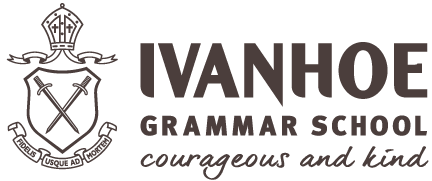Professor leads the way in cancer research
Nick Hoogenraad, Professor of Biochemistry at LaTrobe University, along with researchers has discovered the molecule that triggers the untreatable wasting disease that ultimately kills about a third of cancer sufferers, as well as an antibody in mice that can prevent the condition.
It holds out the real prospect of an effective treatment for humans to stop the onset of cachexia, which would keep many cancer patients stronger for longer, boosting their chances of ultimate survival. Cachexia is estimated to account for up to 30 per cent of all cancer deaths, the condition severely restricts treatment options for people with late-stage cancers.
Professor Hoogenraad, said ‘These findings, based on about a decade of research, could translate into huge benefits for those fighting serious illness and the potential for effective treatment is now much closer to reality.
‘If we can arrest cachexia it will give people extra time, improved quality of life, make them stronger and allow for therapy to continue. This is a very significant development.’
The discovery brings the researchers closer to finding a way to stop cachexia and may have potential to also help fight cancer directly. In some cases, treatment with the ‘antibody’ therapy that blocked the cachexia also slowed the growth of the tumours.
The 28-member international research team included Professor Nick Hoogenraad, Dr Amelia Johnston and Laura Jenkinson, La Trobe University; Associate Professor John Silke, Walter and Eliza Hall Institute; Professor Gordon Lynch and Dr Kate Murphy, University of Melbourne; and scientists from Melbourne’s Baker Institute.
Professor Hoogenraad has been instrumental in setting up and developing the Year 9 program for our students at LaTrobe University and we congraulate him and his team on their wonderful achievement.
,,







